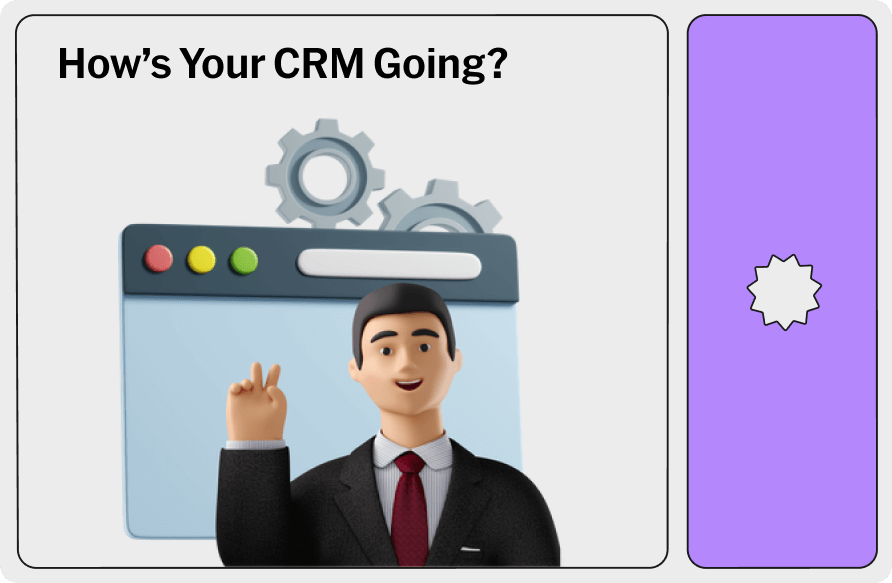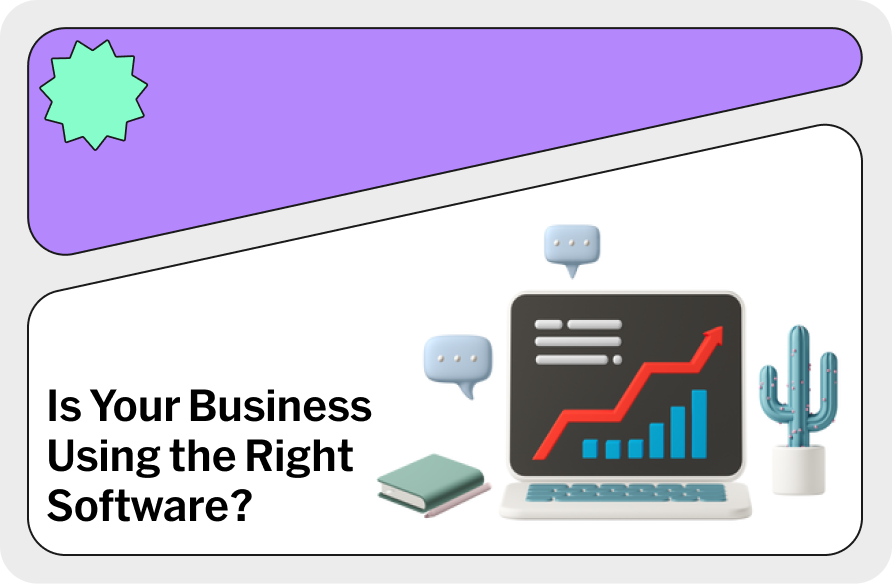Secure and accessible storage is essential for businesses. Cloud storage offers scalability, flexibility, and cost benefits over traditional storage methods. However, the wide array of providers can make choosing the right one challenging.
This guide explores the “Cloud Storage Wars” of 2024, breaking down the offerings of leading services. We will cover their pros and cons, pricing, and distinctive features, helping you find the best match for your business needs and budget.
The top contenders in the cloud arena
Amazon Web Services (AWS) AWS remains a leader in cloud storage, offering solutions like S3 for unstructured data and EBS for high-demand applications. Known for its security, scalability, and reliability, AWS is a top choice for many businesses.
- Pros: High scalability, robust security, extensive integration.
- Cons: Can be complex to manage, potential for high costs with extensive usage.
- Pricing: Pay-as-you-go model, with costs varying based on usage and services.
Microsoft Azure Azure provides a variety of storage services, including Blob Storage for unstructured data and Azure Files for shared files. Its seamless integration with Microsoft products and focus on data analytics and hybrid cloud solutions make it ideal for businesses already using the Microsoft ecosystem.
- Pros: Excellent integration with Microsoft tools, strong analytics, hybrid cloud capabilities.
- Cons: Steep learning curve for non-Microsoft users, potentially high costs.
- Pricing: Pay-as-you-go, with additional charges for specific features and usage levels.

Google Cloud Platform (GCP) GCP is known for its competitive pricing and user-friendly approach. Its primary service, Cloud Storage, integrates smoothly with other GCP services, making it a popular choice for businesses focused on innovation.
- Pros: Competitive pricing, ease of use, strong data analytics, and machine learning integration.
- Cons: Fewer enterprise features compared to AWS and Azure, less comprehensive support.
- Pricing: Pay-as-you-go with sustained use discounts and committed use contracts.
Dropbox Business Dropbox Business extends beyond personal use, offering features tailored for businesses such as centralized controls and eDiscovery, all within a familiar, easy-to-use interface.
- Pros: User-friendly, strong collaboration features, excellent for file sharing.
- Cons: Limited advanced features, can be expensive for large teams.
- Pricing: Tiered pricing based on the number of users and storage needs.
Box Box stands out for its intuitive interface and robust security measures. It’s a preferred choice for businesses needing stringent control over sensitive data, with added benefits of third-party app integration.
- Pros: Strong security, good collaboration tools, integrates well with other business applications.
- Cons: Higher cost for advanced features, potentially slow interface.
- Pricing: Subscription-based, with different tiers for business and enterprise needs.
SpiderOak SpiderOak focuses on privacy, offering zero-knowledge encryption, which appeals to businesses with high confidentiality needs. However, its pricing may not be as competitive for larger storage requirements.
- Pros: Zero-knowledge encryption, strong privacy features.
- Cons: Higher cost, less user-friendly interface.
- Pricing: Subscription-based, varies with storage size.

Choosing the right cloud storage solution
When selecting your cloud storage provider, consider the following:
- Storage requirements: Evaluate your current and future storage needs, including file sizes and access frequency.
- Security and compliance: Confirm the provider’s adherence to your security and compliance standards.
- User access and collaboration: Choose a service that aligns with your workflow and fosters team collaboration.
- Cost and budget: Analyze the pricing against your budget, keeping an eye on additional costs.
- Scalability and flexibility: Ensure the service can grow with your business, offering easy scalability and integration.
Making the most out of your cloud services
The “Cloud Storage Wars” require a thoughtful approach to selecting a service that not only safeguards your data but also enhances teamwork and scales with your business.
Whether you prefer the comprehensive services of AWS, the Microsoft-friendly Azure, the cost-effective GCP, the user-centric Dropbox Business, the security-conscious Box, or the privacy-focused SpiderOak, the key is aligning their offerings with your specific needs. Informed decision-making is your strategy for triumph in the cloud arena, ensuring your business’s data management is both efficient and secure.



